Participation in sport for youth has been associated with physical, social, emotional, and cognitive benefits. The attainment of positive developmental outcomes through sport participation is influenced by factors including the manner in which sport organizations design and deliver programs and the type of relationships youth experience. Although sport participation for youth has the potential to foster developmental benefits, not all youth have positive sport experiences. In fact, as issues of athlete maltreatment in youth sport, including physical, emotional, and sexual abuse as well as neglect continue to emerge throughout research and media outlets, it may be argued that sport is not designed and delivered in ways that meet the psychosocial needs of young people. In order to optimize the sport experiences of youth athletes, it is important that stakeholders are aware of the potential for these negative experiences and are educated about ways in which to foster more developmentally appropriate sport. In this course students will be introduced to concepts, theories and ideologies regarding psychosocial development as well as youth maltreatment and protection as they apply to sport. Students will have the opportunity to critically discuss issues of maltreatment within youth sport and will be challenged to critique present research in addition to educational/policy initiatives intended to safeguard youth and foster positive development. Moreover, students will learn about organizational philosophies, coach and parent education, and relationships in sport with the intention of understanding how such factors may stimulate a youth sport environment conducive to maltreatment, thus hindering athletes’ psychosocial needs.
